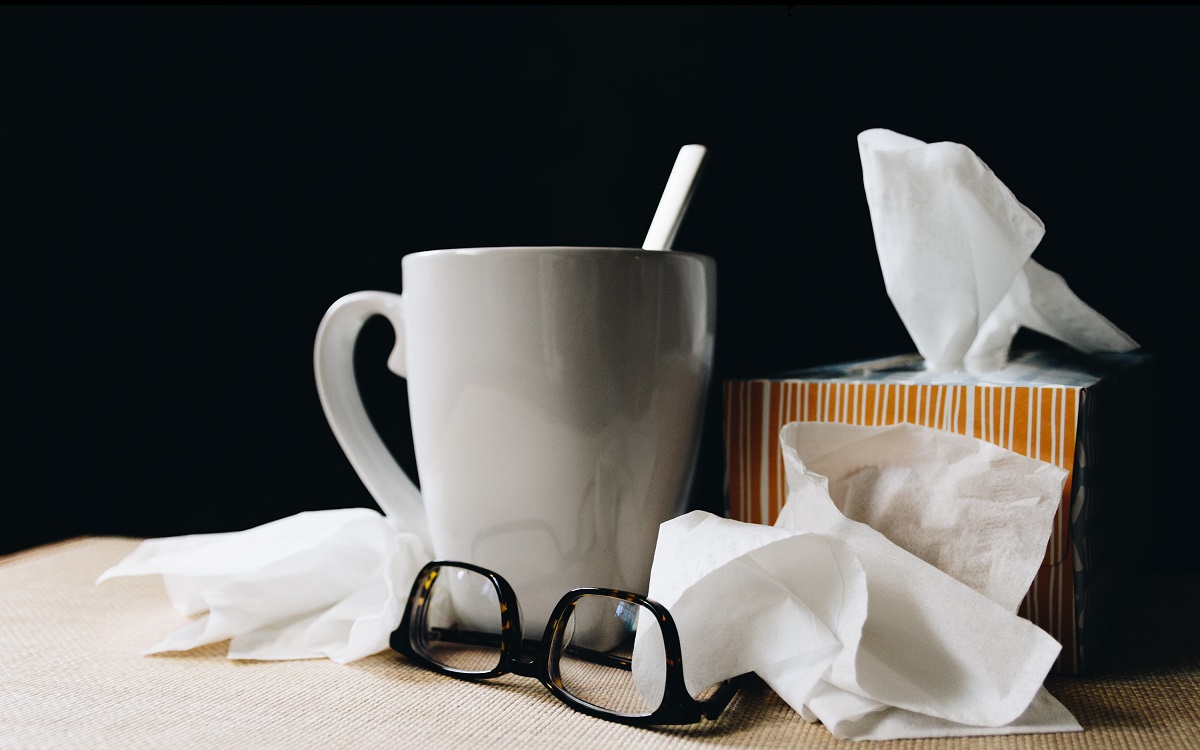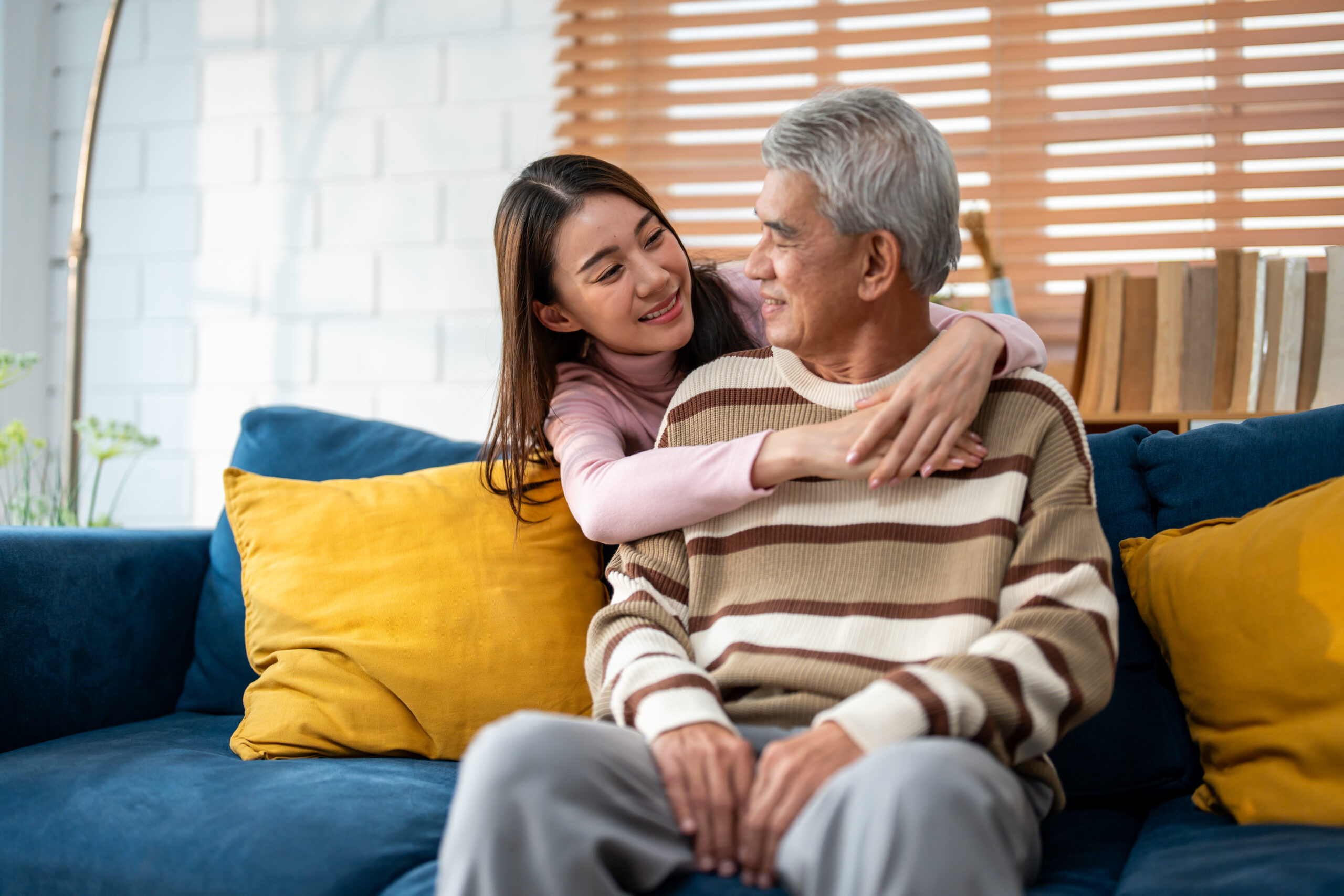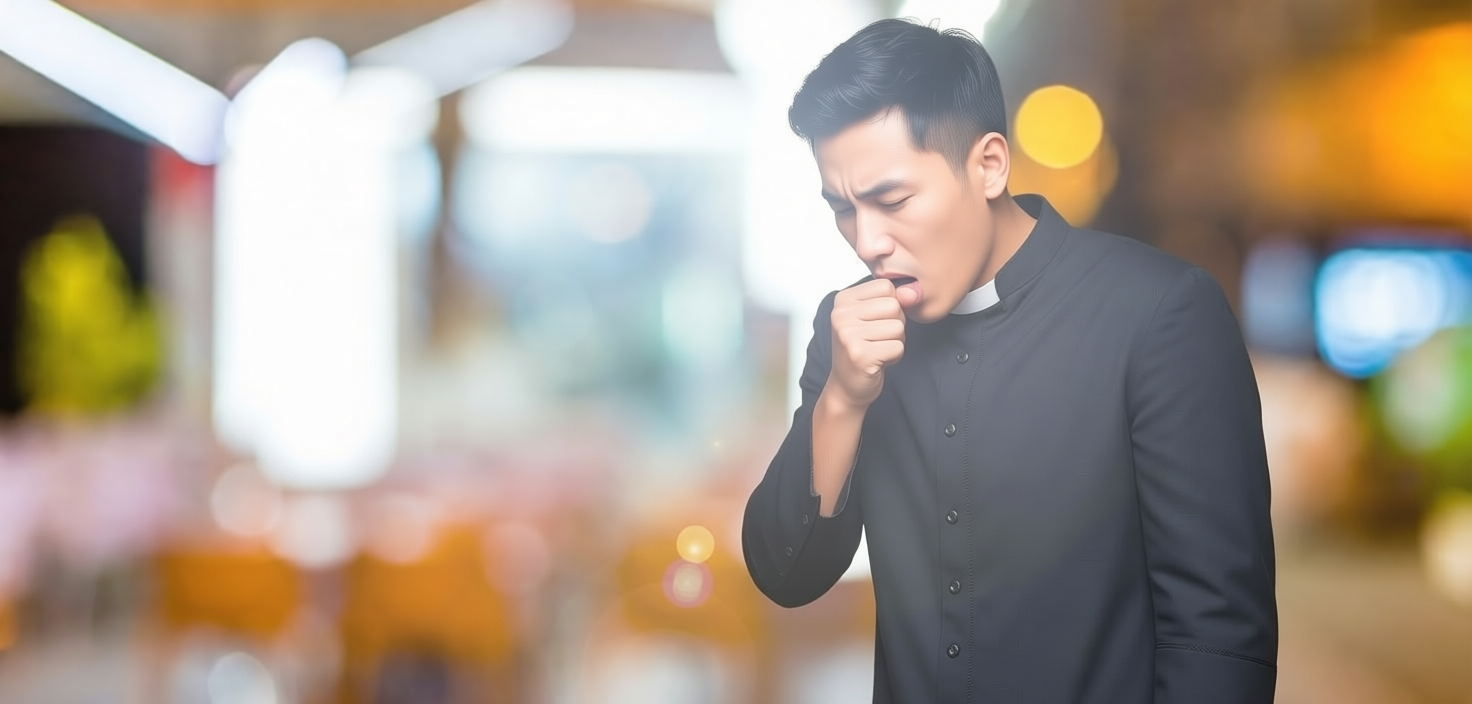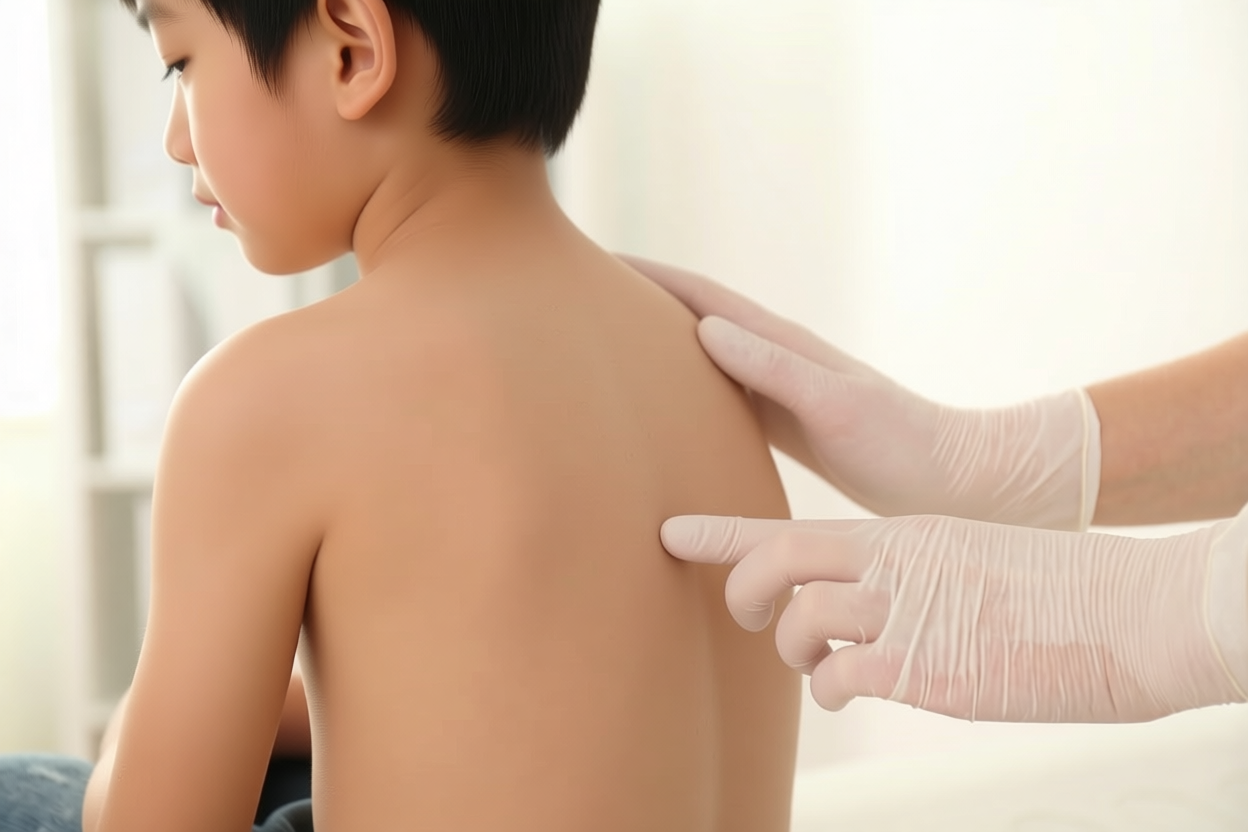For most of us, Covid-19 will feel like a mild flu, particularly if you’re fully vaccinated and have had your booster shot. To reduce the strain on the healthcare system, home recovery is now the default method of care for those with Covid-19.
It’s natural to feel worried about catching Covid-19, particularly if we have to recover at home with loved ones around. We answer a few frequently asked questions you may have about home recovery for Covid-19, and how to keep your household members safe during your home recovery programme.
Who can recover at home for Covid-19?
You should be able to recover at home if you are between 12 – 79 years old, regardless of your vaccination status.
Of course, if you find that your symptoms suddenly worsen during your home isolation, you should reach out to a doctor immediately, for further medical assistance.
How long do I need to stay isolated for?
The moment you test positive, you should immediately isolate yourself for at least 72 hours.
- After 72 hours, take an ART self-test. You can leave your isolation if you test negative.
- If you’re still testing positive, do continue to isolate yourself until you have tested negative; or if you have been isolating for 7 days (for those who are fully vaccinated) or 14 days (for those who are unvaccinated).
Worried about still testing positive after 7/14 days? The Ministry of Health has shared that it’s highly unlikely that you’re still infectious. It should be safe for you to resume daily activities.
What should I do if I need to share a bathroom with my family members?
Ideally, you should try to isolate in a room that has an attached bathroom. However, if this isn’t possible, you can still share a bathroom with your household members, without putting them at risk. You should:
- Always put the toilet lid down before flushing
- Ventilate the bathroom if no one is using it
- Ask your family members to wait at least 30 minutes before using the bathroom, if you have just used the space
How should I handle my laundry and trash?
As you should continue to isolate in your room throughout your home recovery period, you’ll need to get your household members to help you with clearing any trash or doing your laundry.
For washing your laundry during Covid-19 home recovery
- As far as possible, try to have enough towels and clothes to last you for your isolation period, so that you can minimise any additional contact with your family members
- If you need to do laundry, you can wash your clothes together with the rest of the household.
- Pack all your dirty laundry in a bag and place it outside your door
- Do let your household members know that they should avoid shaking your dirty laundry to reduce spreading the virus in the air
- Try to use the warmest setting available on your washing machine to do the laundry load and remember to disinfect the laundry bag, before reusing it
For disposing your trash during Covid-19 home recovery
- Within your room, use a rubbish bin with a lid so that none of your trash (especially used ART kits and tissue) are exposed to the air
- When you need to dispose of your trash, remember to double-bag it first before leaving it outside your door
Of course, after your household member handles any of your laundry or trash, remind them to wash their hands thoroughly as well.
What sorts of food should I eat or avoid when I have Covid-19?
While there are no specific foods that can ‘cure’ Covid-19, the best way to help your body recover is to eat a balanced diet focusing on whole foods. This means plenty of fresh fruits and vegetables and cutting down on processed foods. You should also stay hydrated during your home recovery, so make sure you have water bottle with you throughout this period.
As for foods that you should avoid, you may also want to stay away from spicy food. Chilli can irritate your throat and worsen any cough or sore throat that you’re having.
Can I exercise during my home recovery for Covid-19?
Just like with any illness, you should avoid strenuous activities, especially if you’re still under the weather.
For those who are feeling better, you can do some low-intensity exercises to boost your energy. This includes light stretches to improve your blood circulation or body-weight exercises to maintain your mobility, during this isolation period.
How do I disinfect my room when I’m recovered?
Firstly – congratulations for feeling better and recovering from Covid-19!
Before you start cleaning your room, ventilate your room for at least 3 hours. You should also put on a surgical mask and avoid touching your face and eyes until you’ve thoroughly washed your hands.
For disinfecting your room, you can use a regular household disinfectant. Wipe down all the surfaces in your room; pay particular attention to high-touch areas, such as light switches, any door knobs, your laptop, the bedframe and mattress.
For a more comprehensive guide on what you need to do, you can refer to NEA’s webpage for detailed advice.
Can I get a recovery memo to prove that I’ve recovered from Covid-19?
Once you’ve recovered from Covid-19, you can get a recovery memo through our online supervised ART service. To do so, your first Covid-19 positive result must have been recorded in HealthHub so that our swab supervisors can ascertain when you had first been ill. After which, our swab supervisors will take you through the process of doing a ART and will confirm your negative ART result. You’ll be issued your recovery memo in-app within 2 hours.
As far as possible, power down your laptop and switch off any work-related emails, during your home recovery; getting a good rest is the best way to recover from Covid-19 quickly, and get better in no time.
If you are feeling unwell, we’re here to support you. You can see a doctor anytime on the DA app, with medication delivered straight to your home within hours.







